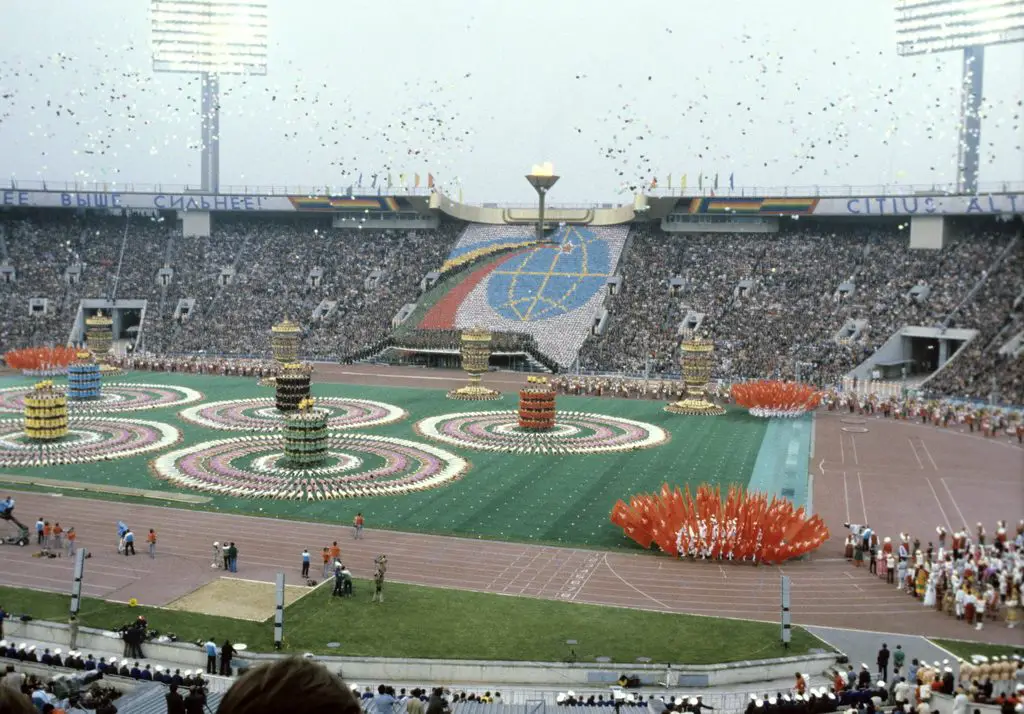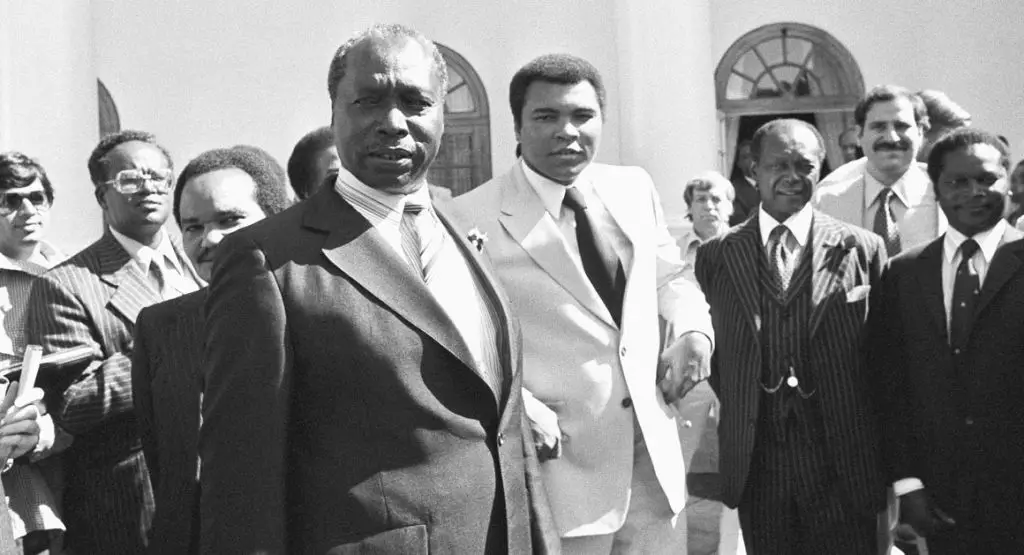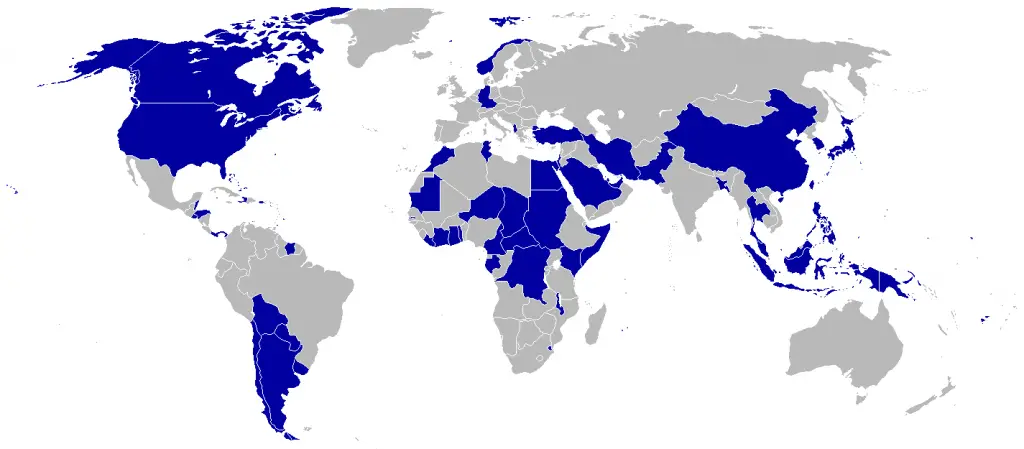The Soviet Invasion of Afghanistan Triggered the 1980 Summer Olympics Boycott
When the Soviet Union invaded Afghanistan in December of 1979, little did they know that the move would have an effect on the largest sports gathering in the world. It would entail worldwide protests in the form of the 1980 summer Olympics boycott in Moscow.
As early as January of 1980, a Russian dissident suggested boycotting the Olympic games, and President Jimmy Carter took up the cause and called for either the Soviet Union’s withdrawal from Afghanistan by mid-February or he would pull potential American athletes from the games. Canadian officials soon said the same. Carter then went on to encourage America’s allies to join the boycott.

Opening ceremony of the 1980 Summer Olympics in Moscow. Image: RIA Novosti archive, image #487025 / Sergey Guneev
The Soviet Union countered by stating that all Olympic member countries should appear at the Olympics, regardless of their opinion about USSR’s ongoing military campaign.
As the date of the opening ceremonies approached, the group overseeing the Olympics set up a meeting between Carter and his Soviet counterpart, Leonid Brezhnev, to see if a resolution could be reached. Carter didn’t budge and insisted that the Soviet Union pull their military out of Afghanistan.
Attempts at a Solution
In April, there had been several proposed solutions to the situation. However, Carter continued to maintain his strict position and called for other NATO members to join the boycott. The International Olympics Federations called the proposed boycott an ineffective way to protest the Soviet invasion. They added that the only ones to suffer would be the athletes who had trained for years for the chance to compete in the games.
Carter officially stated to athletes and coaches that “I understand how you feel. What we are doing is preserving the principles and the quality of the Olympics, not destroying it.”
The United States sent boxer Muhammad Ali to speak to leaders of African countries to encourage them to join the 1980 Summer Olympics boycott. Unexpectedly, Ali came away from the meetings denouncing the boycott.

Muhammad Ali traveled to Africa to gather support for
the boycott. Here he is with Kenyan President Daniel Arap Moi. | AP Photo
A Divided World
The situation continued to percolate and potential country participants began to choose sides of the controversy. Surprisingly, Iran’s Ayatollah Khomeini, certainly not a friend of the USA, joined the boycott. This was not due to any alliance with the USA’s stance but was a protest of the Soviet invasion into a largely Muslim country. Other Muslim countries would follow suit.
Other branches of the U.S. government got involved when the House of Representatives passed a resolution in support of the boycott by a vote of 386 to 13. The Senate followed suit with a similar resolution that passed 88 to 4.
Eventually, a total of 65 nations joined the boycott and did not send athletes to the games. Other countries such as France, Switzerland, and Australia sent athletes to the games, although they did not display their flags and winners from those countries did not have their national anthems played during medals ceremonies: they had the flag of the neutral International Olympic Committee’s flag displayed and the generic Olympic anthem was played for winners from those countries in the individual events.

All countries colored in blue where part of the 1980 Summer Olympics boycott. Image: By Paasikivi (Own work) [CC BY-SA 4.0]
The protests continued in various forms throughout the games. At the closing ceremony, where the national flag of the host nation of the next Olympic games (in Los Angeles in 1984) is traditionally flown, the American flag was nowhere to be seen and instead Los Angeles’s city flag was flown.
As an alternative to the Olympics, the United States hosted international games in 1980 for athletes competing in gymnastics, swimming, and track and field.
The 1980 Olympics would come to a troubled end with a closing ceremony not attended by boycotting nations.
After the 1980 Summer Olympics Boycott
The 1980 Summer Olympics boycott would have an effect on subsequent Olympics. At the 1984 Los Angeles games, 14 countries, mostly allied with Russia, did not participate. They stated that they had concerns for their athletes’ safety. Furthermore, according to an interview in the New York Times, “chauvinistic sentiments and an anti-Soviet hysteria being whipped up in the United States.” The 1988 Olympics in Seoul also saw a small number of countries refusing to participate. It wouldn’t be until the 1992 games in Barcelona that boycotting became a protest tactic of the past.
Sources:
“1980 Summer Olympics boycott,” Wikipedia, pulled 10/17/17.
“The Olympic Boycott, 1980,” U.S. Department of State website, pulled 10/17/17.
“The 1980 US Olympic Boycott,” Historpedia, pulled 10/17/17.